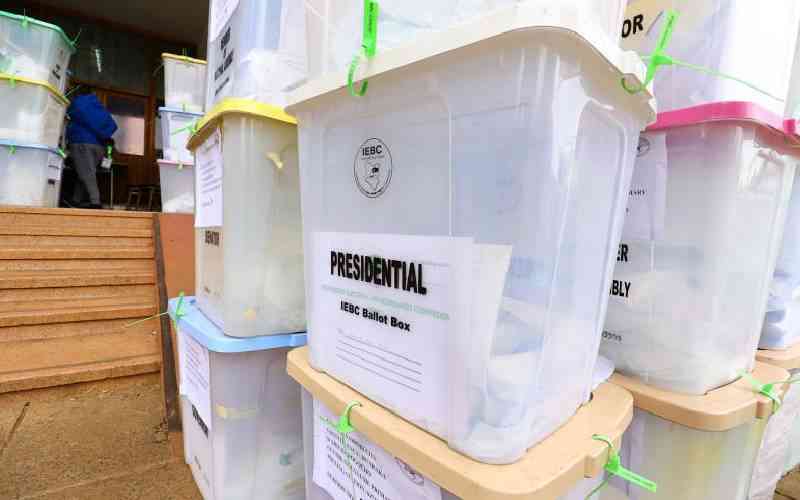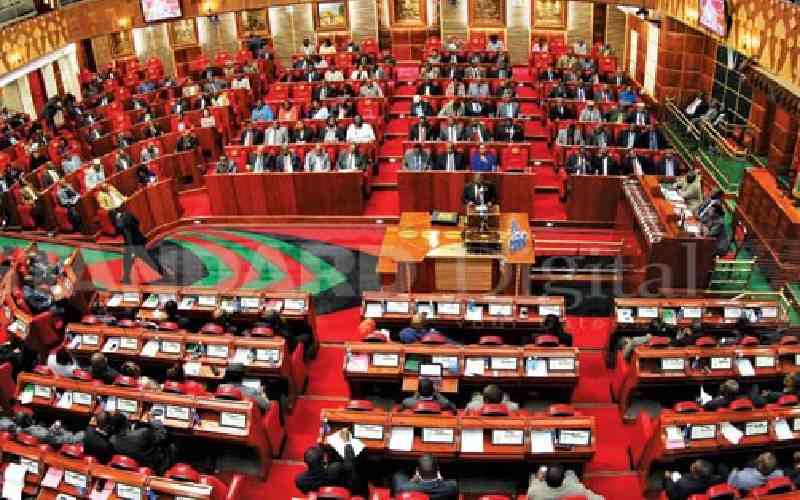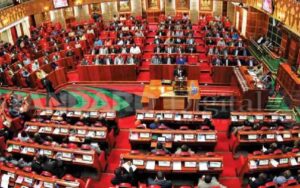The Ministry of Health says Kenyans in the informal sector will be roped into the mandatory payment of the Social Health Insurance Fund (SHIF) through a loan system.
The Court of Appeal heard that they can access money required for contributions and pay later with interest.
High Court judges David Manjanja, Christine Meoli and Lawrence Mugambi in 2023 declared the scheme unconstitutional after finding that the government had discriminated against those employed in the formal sector by making the contribution mandatory to them.
The judges said the Kenya Kwanza had identified employed people as ‘low-hanging fruit’ for the new scheme. But the ministry argued in its submissions that there are no ‘free riders’. It explained that the government would pay the bills incurred by children and the poor.
The ministry said those in the informal sector ought to pay or take the government loan.
“The High Court acknowledged the appellant’s contention that to achieve membership by all persons, some sanction and or compulsion was necessary that the ‘free riders’ in the informal sector can be heralded to the Social Health Insurance Fund even when not in dire need of life saving treatment,” submitted the ministry.
It claimed that the High Court acknowledged that SHIF’s predecessor, the National Health Insurance Fund (NHIF), was unsustainable as those who are salaried contributed 83 per cent of NHIF and got 69 per cent benefit while the benefit payout ratio for those in the informal sector was 227 per cent.
It asserted that Kenya had only 13 per cent of the population carrying the burden of the entire country.
The ministry also explained that the Emergency, Chronic and Critical Illness Fund and the Primary Health Fund were financed by the National Government and no contribution is contemplated for an individual.
The State argued that there was vibrant public participation, which led to the creation of the three funds.

On the other hand, Enock Aura, the petitioner, argued that Kenyans were not given adequate time to express their views.
He asserted that there is no Kiswahili version of the laws, hence most uneducated Kenyans were left out of the conversation.
According to the petitioner, the High Court should have declared that no Kenyan should be registered for SHIF after they found it unconstitutional. “The arising scenario is akin to meat being declared unfit for human consumption by a duly qualified vet having rendered a verdict of total contamination, the said meat is then fed to Kenyans who objected to its stench and rot,” argued his lawyer.
The National Assembly, on the other hand, noted that the new scheme has catered for emergency care and chronic illnesses which were not part of the NHIF.
Stay informed. Subscribe to our newsletter






















